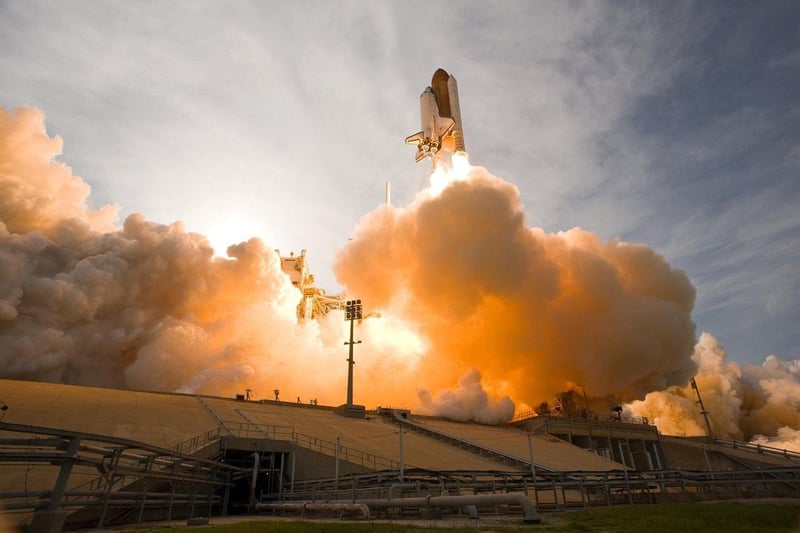Helium-3 Extraction
The Future of Energy: Helium-3 Extraction from Space

In the quest for sustainable and efficient energy sources, scientists and researchers have turned their gaze towards space assets, particularly Helium-3 extraction from the moon. Helium-3, a rare isotope not found on Earth in significant quantities, holds immense potential as a clean and abundant fuel for future energy needs.
What is Helium-3?
Helium-3 is a light, non-radioactive isotope of helium with two protons and one neutron. It is formed in the sun and other stars through nuclear fusion reactions. While scarce on Earth, Helium-3 is abundant on the moon's surface, deposited by the solar wind over billions of years.
The Promise of Helium-3 as an Energy Source
Helium-3 fusion offers a highly efficient and clean energy source. When fused with deuterium, Helium-3 produces high-energy protons, which can be converted directly into electricity, with no harmful byproducts such as greenhouse gases or radioactive waste. This process is safe, non-toxic, and produces little to no radioactive waste, making it a promising candidate for future energy production.
Challenges and Opportunities
While Helium-3 extraction from the moon presents exciting possibilities, there are significant challenges to overcome. The cost of space missions, lunar mining operations, and transportation of Helium-3 back to Earth are substantial barriers. Additionally, the development of fusion reactors capable of harnessing Helium-3 efficiently is still in progress.
The Future of Energy
Despite the obstacles, the potential benefits of Helium-3 fusion as a clean and abundant energy source are driving continued research and investment in space exploration and extraction technologies. As advancements in space technology and energy production continue, Helium-3 extraction could revolutionize the way we power our world, offering a sustainable and environmentally friendly solution to our growing energy needs.
Join us in exploring the possibilities of space assets and Helium-3 extraction for a brighter, cleaner energy future!

Image sources: Space Shuttle, Moon Surface
